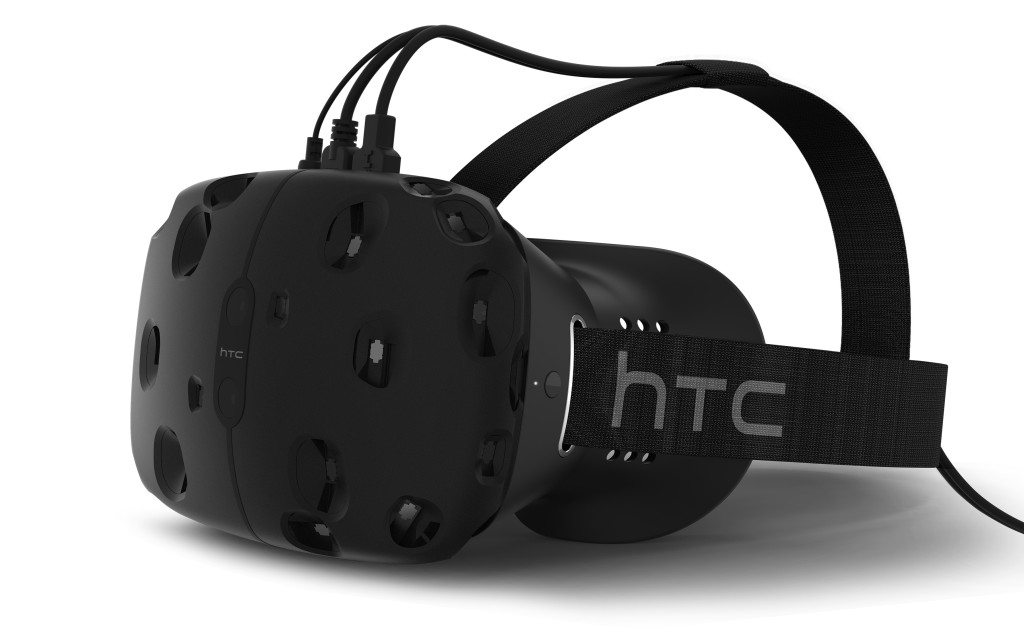With the launch of headsets like Sony’s PlayStation VR, the Oculus Rift and the HTC Vive just over the horizon, 2016 will be a landmark year for virtual reality. We can expect to see a huge push for VR, as more companies look to take advantage of the emerging technology, but the big question is whether it’s better to jump in or wait.
HTC’s chief content officer Phil Chen spoke during a TechCrunch Beijing summit panel, alongside Dillon Seo, co-founder of Oculus. He addressed what kind of future the virtual reality market holds, and it might not be the overnight success as some may think it will be.
“It will take some time for it to go to the masses,” said Chen, talking about how the equipment will need to be refined to get the most performance out of it, and content needs to be produced. However, he remained optimistic about the market, and expects a billion virtual reality headset devices to be sold over the next seven to eight years.
Chen also expressed how the devices should be marketed. Most companies will push them as game devices (especially the PlayStation VR), but HTC is being “bullish” when it comes to pushing the technology towards other markets, such as education or health care, in addition to interactive storytelling.
There’s also a question of price. So far, none of the companies, including HTC, have revealed how much the consumer version of the VR headset will be, although there have been hints that they will be somewhere in the $400 range. The price point could turn out to be a major barrier to mass adoption, so that content needs to make the cost worthwhile. Global reach is of vital importance, according to Chen, and finding potential content partners is key to this success. “Japan and China are very pro-VR and we are starting to talk to everyone you can imagine who is in gaming or animation,” he said.
Popular movies may also provide an ideal gateway for the technology. Lionsgate’s popular The Hunger Games movie series recently got a push into the virtual realm, and familiar games could find a new perspective, like Minecraft, which will also debut on virtual reality down the road.
However, some companies relish the challenge VR presents. Epic Games founder Tim Sweeney, speaking with IGN, is excited for it. “I think it’s going to be (the) most revolutionary change that’s happened in the history of computing.”
Sweeney also expresses a similar sentiment to Chen’s. It will take time, as we’ll see the start of the first five years of virtual reality go through “utter churn and chaos. And it’s gonna be awesome, with the quality of the hardware doubling every year, you’re gonna want a new headset every year if you’re a serious early adopter.”
He continued, “By the time this hardware is able to reach a quarter billion users, at that point we’ll be on a more reasonable upgrade cycle. You might buy a new device every two or three years like a smartphone and not at the frenetic rate we’re at right now.”
However, don’t expect everything to go the way of VR. “You can’t just take a game like Unreal Tournament, where you’re running around the world at 30 miles an hour, and stick it in VR,” said Sweeney. “You barf really quickly.” Thus, the need for optimization and games that would make a difference with the technology (like Minecraft, for instance).
Sweeney concluded, “I think we are years away from the point where you’re going to build a AAA, hundred million dollar budget game for VR. But every year the market is going to more than double in size and the budgets will more than double, and I think everyone’s going to be working their hardest to keep up with what’s possible.”
As with adopting any new technology, there are high risks, challenges, and rewards to taking advantage of virtual reality as it grows and develops.

